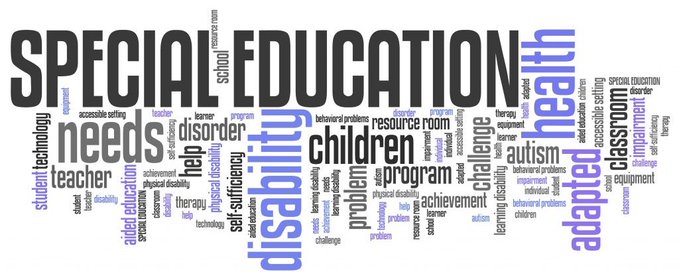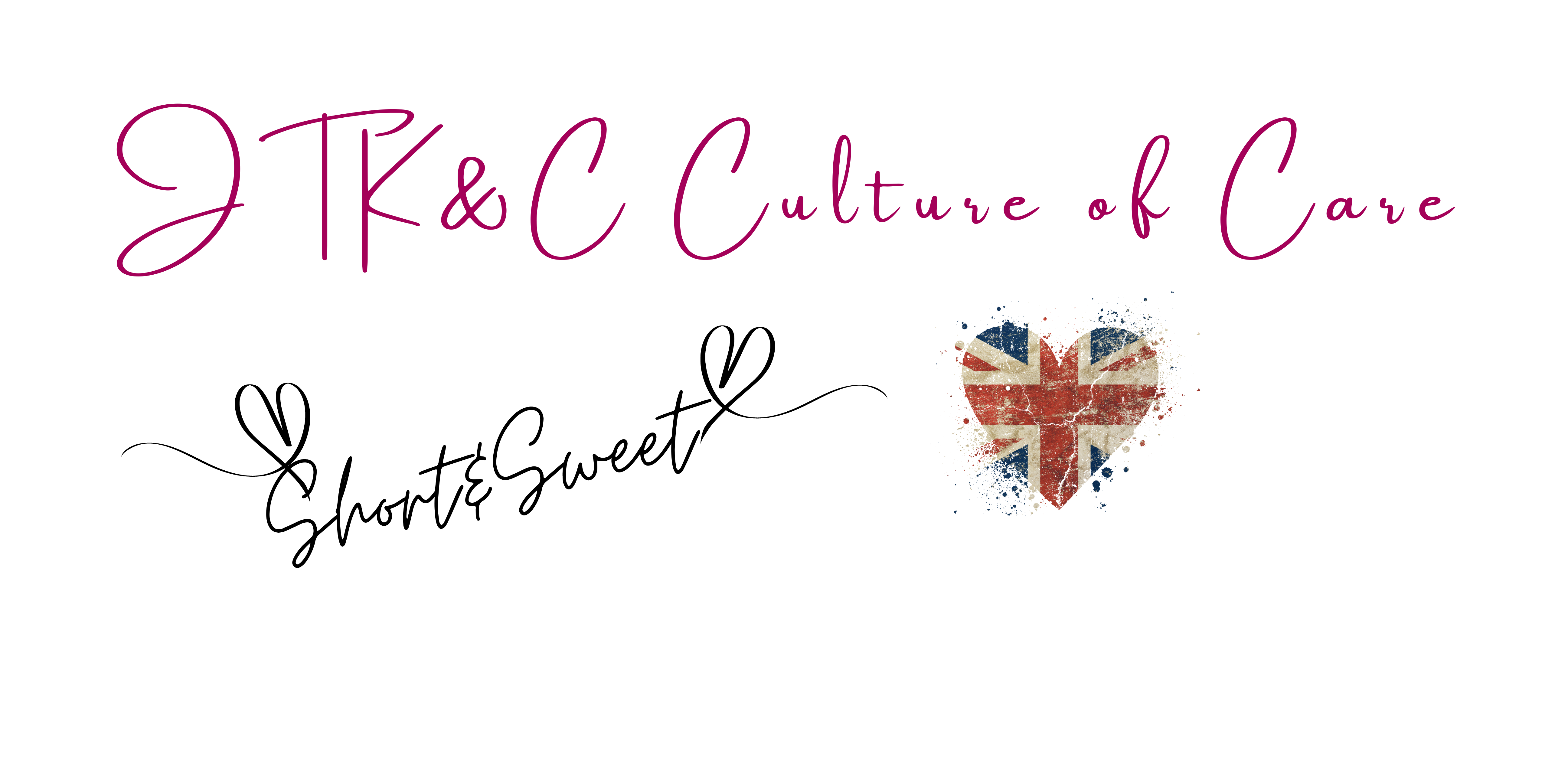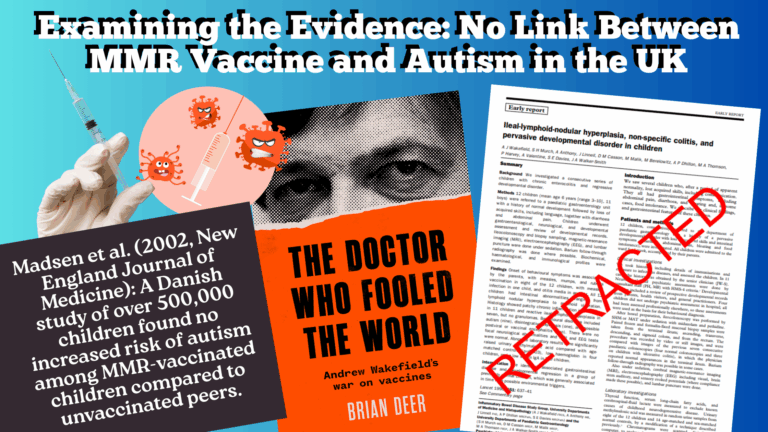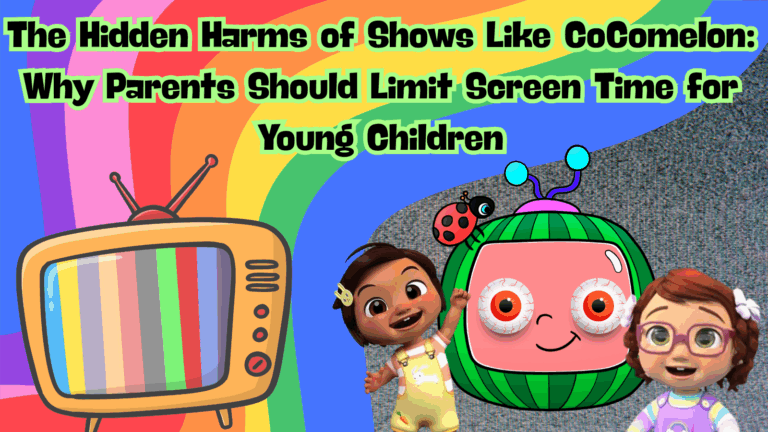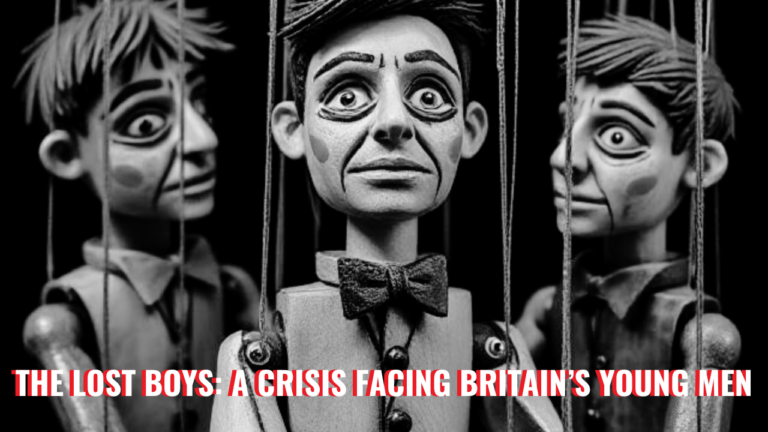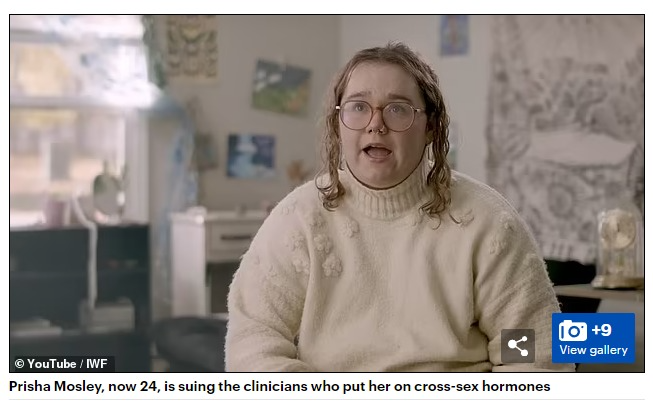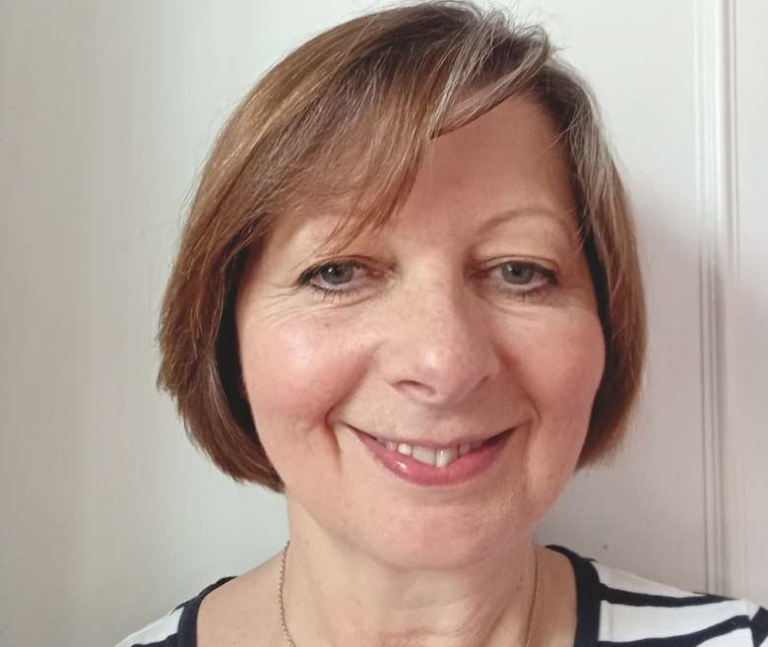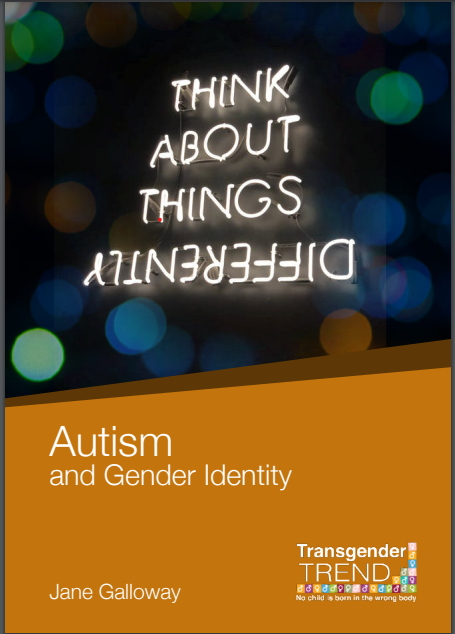There is increasing awareness among parents, caregivers, clinicians and therapists that there is a clear link between gender identity issues and Autistic Spectrum Disorder (ASD).
We know that currently, 76% of referees to The Tavistock & Portman Gender Identity Service (GIDS) are adolescent girls, and we also know from The Tavistock’s statistics that 48% either have a diagnosis of, or show traits of Autism.
Altogether, this is an astonishing number of young people sharing characteristics that are usually only present in 1% of the population. While there is clear evidence that there is a link between the number of children and young people with gender dysphoria or identifying under the transgender umbrella, there is no research that looks at why. Part of the reason for this is that the exponential rise in children and young people experiencing gender dysphoria or identifying as trans has taken place very quickly – too fast in fact, for research to keep up.
